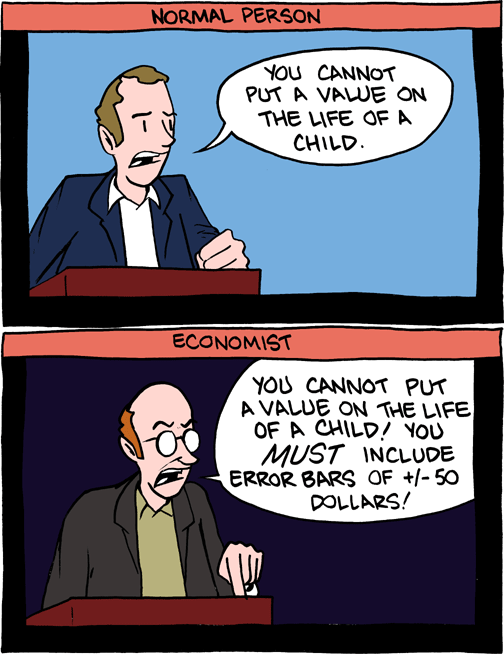@Devour: No you would not. First, I doubt you would be able to reach anywhere near those percentages. Second, a 95% accuracy in determining whether or not someone is a drunk driver mean would mean that of every 20 people you label as a drunk driver, one isn't, and of every 20 people you label as not a drunk driver 1 is. It seems to me that you're copying this oddly specific scenario from somewhere without fully understanding it.
95% likelihood is not at all unreasonable given the science behind it. You should do some reading on what can be done with modern data mining techniques. And I don't know what you think I don't understand about what those numbers mean - I've taken more than enough statistics and market research and data mining courses to understand 95%. Can we talk SQL, K-means clustering, neural networks and genetic algorithms? Or just stick to the basic linear regression and normalization formulas?
Thirdly not every drunk driver kills somebody, while more likely then driving while not drunk, it's still not assured. Fourthly, slicing someone's tendons does not stop them from driving, while expensive, I'm pretty sure it's possible to modify a car to be controlled solely by hand, and Fifthly, if you do cut someone's tendons, I have to think that they'd get depressed and start drinking more, combined with my fourth point that could very well worsen the problem.
Two things.
1) A drunk driver in one sense is no more culpable after an accident then before, the act is the same, which is to take a needless risk on killing someone by driving drunk.
2) Remember what I said before about making a good faith effort? None of what you've said addresses the obvious moral question. If it saves lives, and kills nobody, why can't I do it?
I don't understand why you need to avoid the obvious question behind the hypothetical, so maybe I should just keep it simple: Can you articulate a moral position that would justify a utilitarian approach to morality without being used to justify vigilantism and other clearly undesirable consequences?

 Istar
Istar
 Inkling
Inkling Troubadour
Troubadour